An Airborne Onion

‘A member of the Sudanese Diaspora’. It’s a badge I wear with no real shame or pride. It’s a fact of life, nothing more. Indisputable, real, neutral. The sky is blue: fact. Trump is an idiot: fact. Nedda is Sudanese: fact.
However, being in the diaspora, I constantly feel a tension between connection and isolation.
I feel a connection to a Motherland I never lived in. A vague homesickness in the pit of my stomach that I recognise in the eyes of other diaspora members, especially those who’ve never lived or barely lived in Sudan. The feeling is constant, unyielding: an ache. It’s soothed when I meet others who lived as I have and can fall into the arms of community and connection and converse in my mother tongue. I feel a connection to these people. In those moments, my diaspora heart knows peace.
‘The feeling is constant, unyielding: an ache. It’s soothed when I meet others who lived as I have and can fall into the arms of community and connection and converse in my mother tongue. I feel a connection to these people. In those moments, my diaspora heart knows peace.’
The isolation is not so poetic. It is jagged, distressing, agonising. It sucks.
It happens when visiting Sudan, which occurred semi-regularly. Visits were once a year when I lived in the United States, and twice to three times a year when we moved to Qatar.
I DREADED those trips. As in, ‘would do anything I possibly could to get out of them’.
The strange thing is, others in the diaspora seem to love trips to Sudan. My experiences seem unique. I tried to explain how I felt isolated there in the past but always fell short. Now, I use the onion story.
The story shows a quick brief moment that had rippling, long-lasting effects on my life. A moment that made me feel more isolated than any other.
‘I was constantly alienated.’
When in Sudan, I always felt physically present, but emotionally removed. Being seen as an outsider for weeks on end by ‘my people, my family’ was draining, frustrating, and brewed resentment. My confusion became the butt of jokes. My tongue’s clumsiness got smirks and smug glances. I tried to push through, but the nicknames, the stares, the jokes, the laughter followed me from room to room, conversation to conversation. I was constantly alienated.
The only time I got peace was when cousins who were in the diaspora were also visiting, and I spent time with them.
We live in Kober. My maternal and paternal grandparents live about a 5-minute walk from one another. On the memorable onion-filled walk, my British cousins decided to join us. We were planning on picking something up from one house and returning to the other: a quick trip made enjoyable by the ability to have a comfortable, natural conversation. We all switched to English – it was easier for us.
The walk was going pleasantly when something heavy suddenly hit my ankle. SMACK!
I looked down to see the last thing I expected: an onion. Bewildered, I looked at the onion as I crouched down to grab my aching ankle. Being the complete idiot I was, I looked straight up expecting more to fall out of the sky.
That’s when I heard the laughter.
Between the two houses is an outpost for a small security force hired to maintain safety and peace in the neighbourhood. They do nothing of the sort. Two of the officers were sitting outside that day. That’s where the laughter was coming from. Guess what was next to them. That’s right, some onions.
They took offense to our speaking English. That was obvious from the accompanying yelling. Their reaction, as adults, was to throw an onion. Reasonable, right?
So there I crouched: next to an onion, confused and in pain, while the two grown men who threw it at me laughed. My heart stung worse than my ankle.
‘Someone threw a literal onion at me for being an outsider.’
My ankle stopped hurting after a while, but emotionally I was scarred. I felt even more alienated than before. Someone threw a literal onion at me for being an outsider. I remember mentioning the event to a few adults and being met with laughter. A couple even blamed me for speaking English in public, saying it was offensive.
It became undeniable. I wasn’t one of them, not really. It was the most alone I ever felt in Sudan.
At that moment, I stopped looking at my visits through rose-coloured glasses. The fragile, wavering illusion that I was accepted and loved (even if I was affectionately ribbed) was shattered by an onion.
From that moment on, I no longer saw myself as true blue Sudanese. Instead, I was part of the Sudanese diaspora. Cherished, valued, loved, but not really.
The same but different. Connected but isolated.
Disclaimer: My experiences are obviously not universal nor should they be used to justify anything or to paint a picture of Sudan. This is an anecdote from my life that has shaped my personal view of Sudan. That’s it.
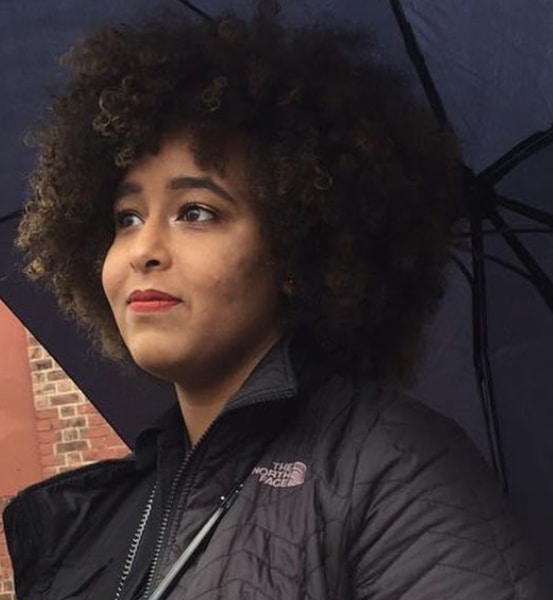
Currently living in New York City, Nedda Elbedawi is a third-culture kid just trying make it in this world. She studied at Weill Cornell Medical College in Qatar, but transferred to Cornell University in Ithaca after a semester of medical school. Then moved on to study communication (concentrations in Social Influence and Media Studies) and minored in Inequality Studies. She loves reading, writing, and watching movies. She has a twisted and cynical sense of humour but loves a good (meaning very bad) dad joke.

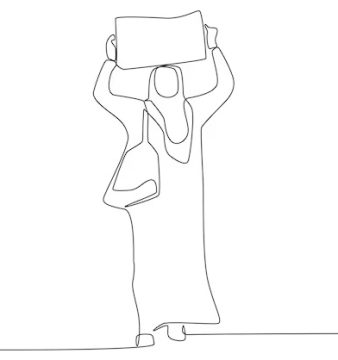
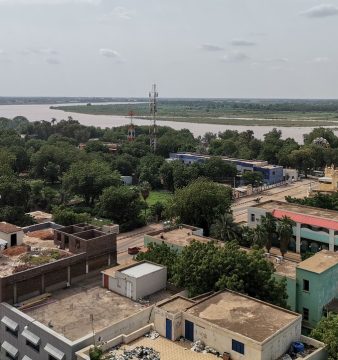
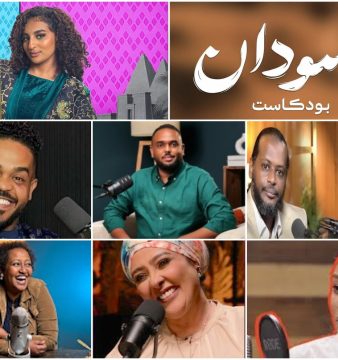
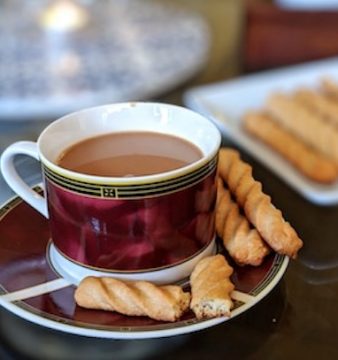
Thanks for being brave and sharing your story. One day I will muster up the courage to share mine but this encourages and inspires me. As I get older , I am less concerned with what people think ad more focused on my own self worth, being authentic and